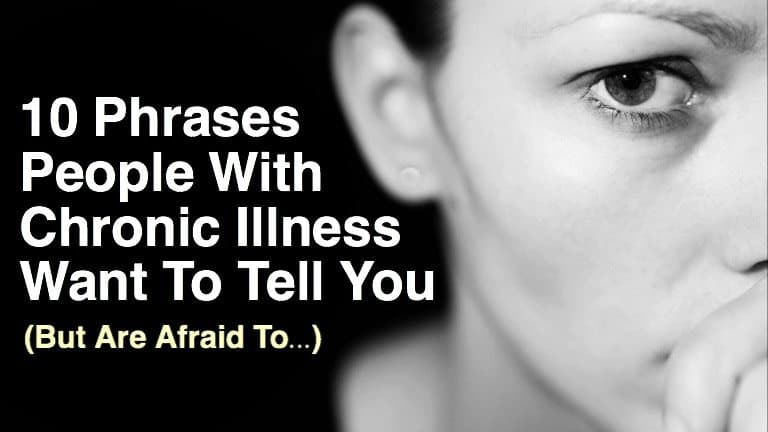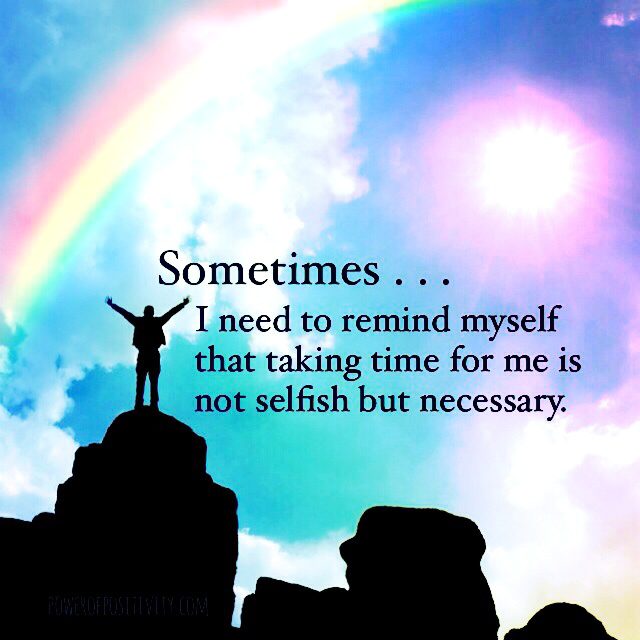Let us acknowledge this fact right at the beginning. Perhaps nothing is more anguishing than knowing that someone you love is mentally or physically hurting from chronic illnesses.
As human beings, we are inescapably connected to each living, breathing person on earth. Now, when we actively love and care for a person, such a connection is also inexplicably intimate. With such a connection, we share each other’s emotions: love, joy, despair, heartache.
It’s painful to admit you may have to live with a diagnosis for an extended time – or forever. However, to acknowledge and dwell on the difficulties of such suffering is a disservice to the one that you love and care for. Ask yourself this: would the person you love and cherish want you to think or feel what you’ve been thinking or feeling?
There is no doubt that we will think or feel things that are not necessarily agreeable to those afflicted. The overarching premise that we need to examine is whether or not we should suffer “in silence,” or to be outspoken and animated with such thoughts or feelings. So, let’s not pretend to understand what is best for every individual circumstance; however, it is encouraged that every person examines his or her motivations and reasons for such thoughts or feelings. Be advised that such examination involves a rational and minimally emotional discourse.
Here are 10 things people with chronic illness wish you knew:
We are all visitors to this time, this place. We are just passing through. Our purpose here is to observe, to learn, to grow to love…and then we return home. – Aboriginal Proverb
We encourage each person, whether or not they know anyone with chronic illness, to listen to both the spoken and unspoken desires of people that have been diagnosed with chronic illnesses to understand their perspective. In the end, what these people say may surprise you.
1. “Understand that I often feel guilty.”
Simply because someone is diagnosed with a chronic condition doesn’t mean that they shed their sense of responsibility. In fact, it is fair to say that those stricken with such a condition often feel an enhanced obligation to participate so as not to use their health problems as an excuse. The lesson: don’t underestimate or pity this person, regardless of how you may feel.
2. “Please try to understand my illness.”
People with chronic conditions have to deal with a number of frustrating things. Among them is the fact that not many people will, nor attempt to, understand the condition for which they were diagnosed. Well-meaning (but useless) sentiments include “get better soon” or “this is just temporary/a phase.” How ignorant this is! It’s obvious that such people have not made the effort to understand the condition. How are they supposed to sympathize with it?
3. “Don’t take my time for granted.”
Sadly, some people that are diagnosed with an incurable illness face a lifespan shorter than what they anticipated. Over time, such people come to accept their fate. Perhaps most difficult for them is their family and friend’s inability to accept such a fate. Many of those with chronic illnesses want their loved ones to embrace and enjoy each remaining moment, no matter how difficult it may be.
4. “Don’t take my illness for granted.”
Somewhat related to both #2 and #3: we shouldn’t ignorantly proclaim how good someone looks or that they “don’t seem sick.” Granted, this is a fine line between ignorance and sympathy, but resisting the temptation to verbalize such abstractions of someone’s condition obliviously shouldn’t be too difficult. Just stay away from expressing sentimentalities of which you’re not knowledgeable.
5. “I hate asking for help.”
Most people that are diagnosed with a chronic condition understand the inherent limitations that’ve been placed upon them. Furthermore, those that are not physically or mentally handicapped understand the need to ask for help, no matter how uncomfortable it may make them feel.
Make no mistake about it, many people – especially those with health conditions – dread having to ask for any type of assistance.
6. “I miss your company.”
As with any minority group, people with chronic illnesses often feel isolated and lonely. Despite of our innate and natural inclinations to “leave a person be,” that is often the direct opposite of what they truly want. They want company, support, comradery and…most of all…love.
7. “Don’t forget about my partner.”
Someone with a chronic illness often has an unrelenting advocate by their side 24/7: their partner. These people are “behind the screen” doing whatever it takes to support and comfort the person that they unconditionally love. When we see such devoted people, we should ask how they are doing.
8. “Please let me vent.”
Everyone deals with situations in their way, including people with chronic conditions. The fact is that some people feel the need to vent their frustrations while others do not.
For those in a supportive role, the bottom line is this: listen to such frustrations without acting upon the inclination to interject or digress. These folks have earned that right.
9. “Pity is not welcome here.”
If there is one thing that those with chronic illnesses will not tolerate, it is excessive and unwelcome pity. Our brothers and sisters remain our brothers and sisters regardless of what they’ve been diagnosed with. We can argue, “This is unfair!” until our faces are sky blue, but all we’ve accomplished nothing in the end.
People don’t want to feel pity; they want to feel accepted, loved, and cherished.

10. “I love you, no matter what.” (A personal note)
I can say that none of us are perfect – and this includes our loved ones. People who have chronic illnesses don’t expect you to monitor and evaluate every step.
Instead, we must simply follow this “rule:” love each other, respect each other, and leave the pity behind…and just do the best you know how.



















